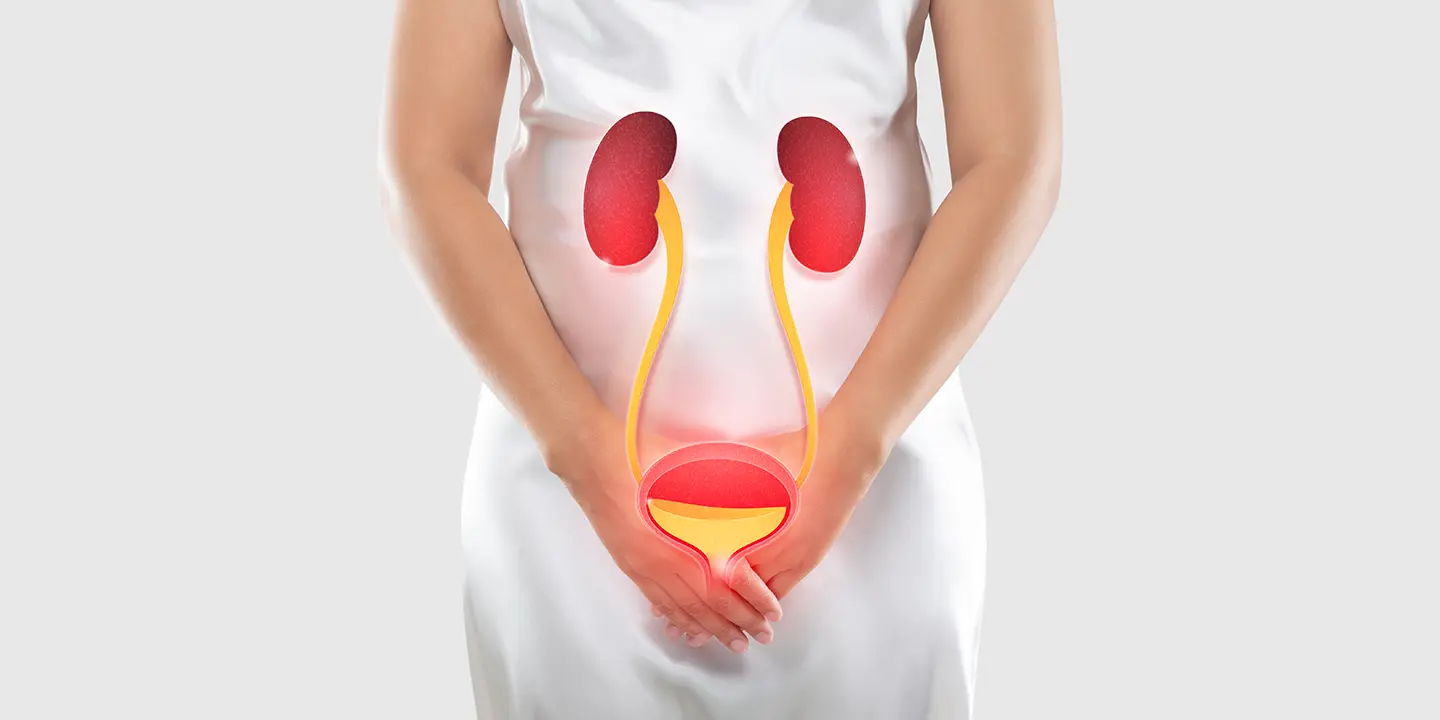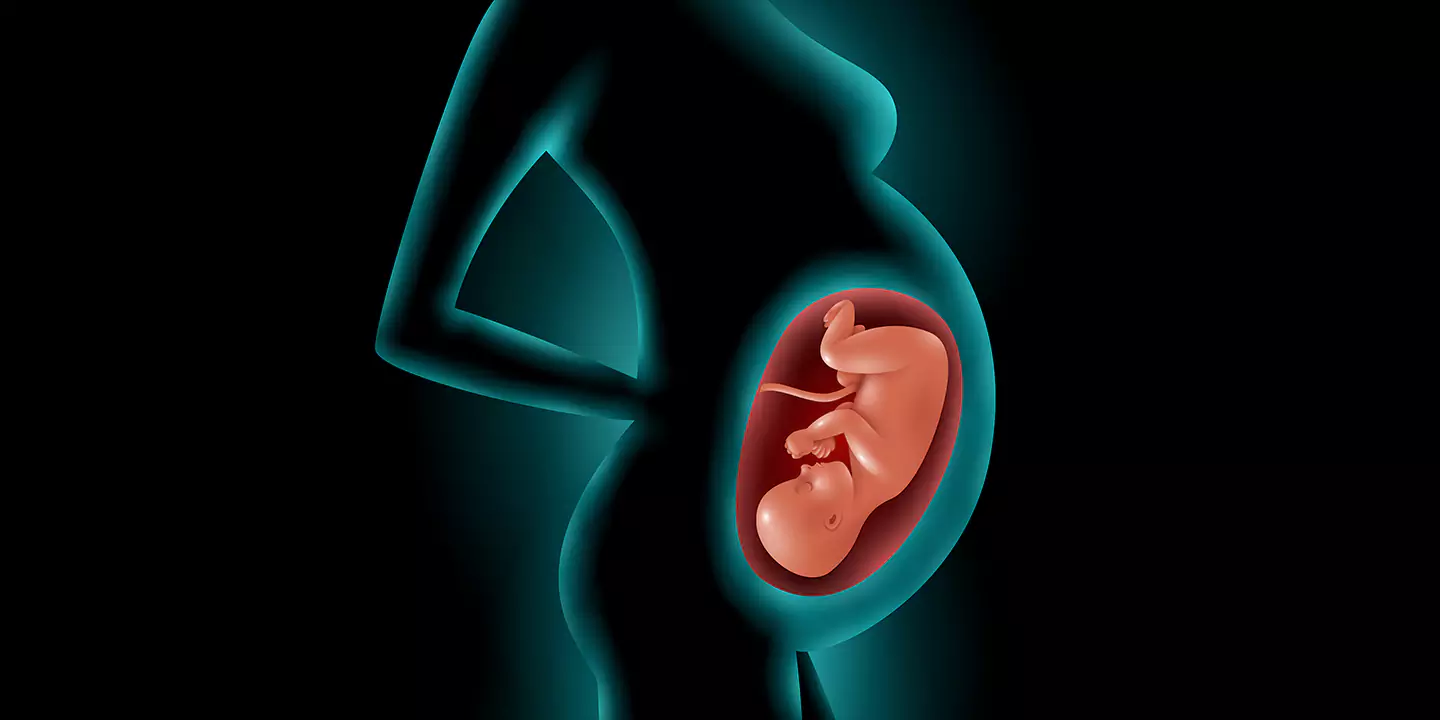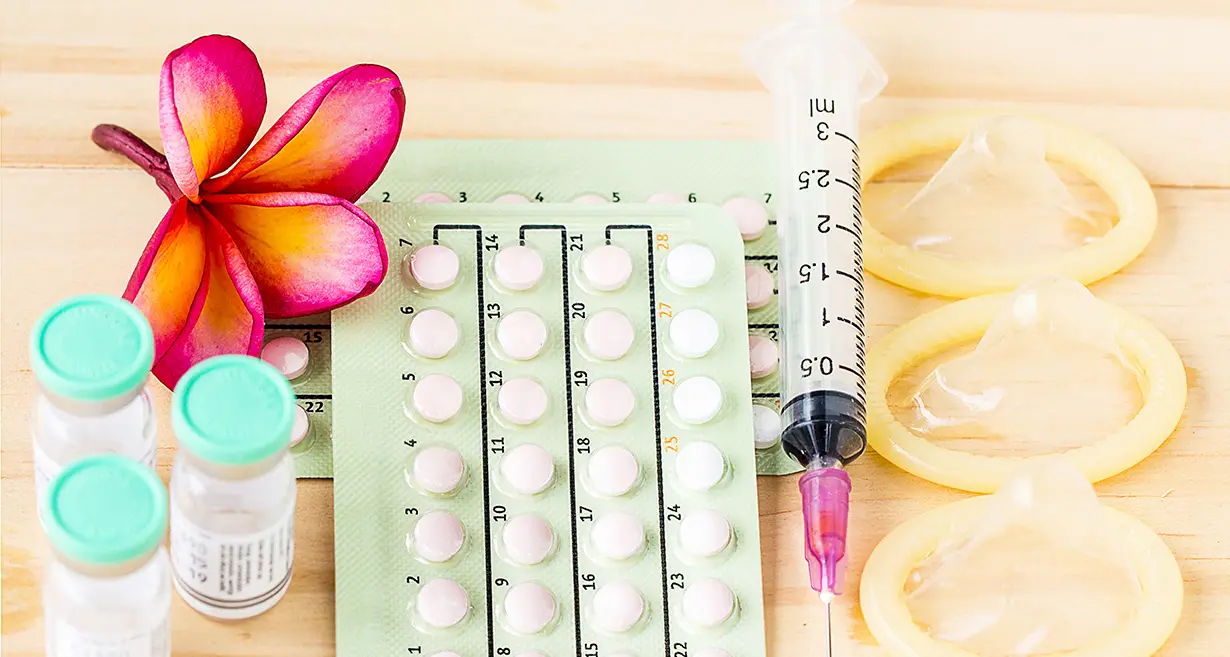
Risk Content: PID or Pelvic Inflammatory Disease, is typical in women and is a type of sexually transmitted infection. The ovaries in females or the fallopian tubes and the uterus are primarily affected by this disease. Once you test positive for the PID symptoms, immediate consultation with a gynecologist is a must for the best possible treatment. Infertility can occur due to such a sexual disorder. Prompt treatment may include a correct dosage of antibiotics and other restrictions. There can be unusual vaginal discharge and pain in the lower abdomen or stomach as the main symptoms. PID treatment at the right time can help avoid multiple complications in the later stage, particularly in pregnancies.
In this Article
- 1 Pelvic Inflammatory Disease Meaning
- 2 Symptoms For PID
- 3 What is the appropriate time to see a doctor?
- 4 Pelvic Inflammatory Disease: Primary Risk Factors
- 5 Prominent Causes For Getting PID
- 6 When can the PID Symptoms Become Visible?
- 7 Complications After PID
- 8 Pelvic Inflammatory Disease Treatments And Precautions
- 9 Taking Care While Having PID
- 10 What is the way of lowering PID?
- 11 Role of Queen’s Gynaecology in Treating PID
- 12 Final Note
Pelvic Inflammatory Disease Meaning
Women’s reproductive organs are often subject to Pelvic Inflammatory Disease symptoms occurring because of bacteria. It is essential to know the PID meaning to understand the urgency of treatment.
The disease spreads when sexually transmitted bacteria travel through the vagina, affecting the ovaries and fallopian tubes. The symptoms may not be prominent in many individuals. Often, you may not feel any sign of getting this disease. Sudden chronic pelvic pain or complications in pregnancy can indicate the presence of this disease.
However, the effects are mild, even if the common symptoms are evident. Hence, many times, people fail to recognize them. Quick treatments are mandatory to prevent any unfavorable conditions in the future. Schedule your appointment with QUEEN’S Gynecology for timely treatment.
Related Blog – White Discharge Causes, Symptoms, Types and Reason and Solution
Symptoms For PID
The PID symptoms go unnoticed most of the time. Still, a few instances can easily say whether you have Pelvic Inflammatory Disease. The common signs are as follows;-
- Excessive pain while having intercourse
- Foul odor with heavy discharge from the vagina
- Painful or frequent urination
- Vomiting and nausea
- Unusual vaginal bleeding after or at the time of intercourse or within the periodical cycle.
- Irregular periods
- Fever (sometimes chilling)
- Pain in the pelvis and, lower abdomen, stomach (can be mild or severe)
You must pay attention to the unnatural behavior of your vaginal conditions. If there is any pain or you have any issues while having sex, consult a doctor without delay. Even a minor problem can be the primary stage of PID disease.
What is the appropriate time to see a doctor?
Pelvic Inflammatory Disease treatments are crucial when you are diagnosed with PID. Moreover, a doctor’s appointment is still necessary if your stage is not very serious. This sexually transmitted disease needs medical attention before it is too late. If you face difficulty in sex or getting a vaginal discharge, please restrain from having intercourse for some time. Prompt diagnosis can prevent seriousness in the coming days.
The appropriate time to see a doctor is when you are suffering from the following symptoms;-
- High Fever with temperature going up to 38.3°C.
- Acute pain in the lower abdomen
- Vaginal discharge with an unpleasant odor
- Vomiting tendency
- Nausea with extreme effects and disability to hold anything properly
Related Blog – HB Electrophoresis Test in Pregnancy: Normal Level, Procedure, And Cost
Pelvic Inflammatory Disease: Primary Risk Factors
The risk associated with Pelvic Inflammatory Disease can be many. You need to be cautious while going for regular sex. The primary factors increasing the risk broadly include;-
- Sex with multiple partners
- Sexually active below 25 years of age
- Intercourse without protection (like a condom)
- Physical relationship with a partner indulged in sex with multiple partners.
- Any medical history of sexually transmitted disease or PID
- Regular douching leads to infections due to vaginal bacteria, affecting the balance of the good and bad types. (can hide the symptoms often)
- PID can be contagious
Many treatments or surgeries involving the uterus include intrauterine device insertion (IUD). You may face a risk of getting infections after insertion for the initial three weeks. This may be a prominent cause for getting PID.
Furthermore, Douching can have severe adverse effects on your vagina, per the expert advice. Therefore, you must keep track of whether you are feeling pain in the vagina or bleeding between periods. Timely diagnosis projects the exact cause to begin the treatment as early as possible.
Prominent Causes For Getting PID
PID is the ultimate result of a bacterial infection occurring in the vaginal channel. The harmful bacteria reach the uterus, ovaries, and the fallopian tubes passing through the cervix. The cervix is responsible for protecting your reproductive organs from any kind of bacterial infection.
The major causes behind this sexually transmitted disease are
– Miscarriage
– During Menstruation
– Childbirth
– Intrauterine Device
– Pelvic Surgery
Unprotected sex can lead to two primary infections, viz. Chlamydia and Gonorrhea. In almost more than 90% of cases, Pelvic Inflammatory Disease symptoms become visible due to these two infections. These infections can disrupt the normal functioning of the cervix, thus leaving the area unprotected. As a result, it can get diseases like PID very quickly.
When can the PID Symptoms Become Visible?
The Pelvic Inflammatory Disease symptoms are subtle and do not often become prominently visible. If the infections like chlamydia or gonorrhea affect the vagina, the chances of PID become very high. However, if you do not take any remedies immediately after the occurrence of these infections, PID symptoms will start developing. It may take a few days or some weeks to become prominent. On the other hand, the causes of PID may take up to many weeks before showing the signs of the disease.
Complications After PID
Pelvic Inflammatory disorder has an adverse effect on your reproductive organs. Abscesses can develop in the reproductive tract making it difficult to conceive. Moreover, scar tissues can also become visible, causing permanent damage to your ovary.
Some significant complications arising due to PID are mentioned hereunder;
- Infertility: This is the most significant complication that can arise because of Pelvic Inflammatory Disease. Untreated PID can damage the internal organs of your reproductive system. Hence, you can develop complications and even a disability to get pregnant. The infertility risk can increase strikingly due to lack of prompt treatment.
- Tubo-ovarian Abscess: Pus is collectively known as Abscess. PID can give rise to such abscesses in your major reproductive organs like the ovary, fallopian tube, pelvic organs, or uterus. The ultimate result can be fatal if you do not start treatment spontaneously.
- Ectopic Pregnancy: Ectopic pregnancy results from the formation of scar tissues. It provides hindrance in the fallopian tubes preventing the movement of a fertilized egg. As a result, the egg cannot reach the uterus and implants within the fallopian tube itself. This is a severe condition and requires special attention. Such a pregnancy can occur if you neglect PID and do not get immediate medication. Acute Pain in Pelvis: Pelvic pain is one of the significant effects of Pelvic Inflammatory Disease. This acute pain can make your sex life suffer a lot. Furthermore, the pelvic organs can cause discomfort at the time of ovulation. The condition can last for a considerable time- sometimes years, and sometimes it can be over within a few months. If you delay in having treatment, things can become worse.
Pelvic Inflammatory Disease Treatments And Precautions
Treatments
The Pelvic Inflammatory Disease treatments should begin without wasting a single day. It can give rise to multiple complications and even life-threatening situations if not treated on time. Hence, consult a gynecologist quickly to understand the state of your reproductive organs.
Infections can spread at any time while you are having unprotected sex. Therefore, you must not make any attempt at intercourse while going through the PID treatment.
Usually, the medications for PID start with an antibiotic dosage of around 14 days. The prominence of the symptoms may not be visible in most cases. Moreover, the signs gradually disappear as you continue taking the medicines. It is recommended not to stop them even if you feel that you are absolutely alright. This can be the initial stage for PID. Therefore, extra care is essential to prevent further crises.
Please go for a checkup after the course is over. Your physician will verify whether the symptoms of PID are still persisting. The symptoms can still show up even if you are taking antibiotics regularly. In such cases, the treatment for IV should begin. This medication is important during;-
– Severe infection in the pelvic area
– Pregnancy
– Ovary or Fallopian tube gets filled with Abscess
Related Blog – Rubella And Pregnancy – Symptoms, Diagnosis And Treatment
Precautions for PID
To lower the PID risks, you must take certain precautions. Moreover, your sexual habits are responsible a lot for the occurrence of this disease. The main source of PID is an inappropriate sexual relationship. However, the infection may not always occur due to any sexual interaction.
You may get affected by this disease even due to some other problems in your reproductive organs. Since the biggest reason is unprotected intercourse, it is always better to have protected sex. If you do not have any intention to get pregnant, take some precautions while interacting physically.
Here are some of the critical steps to prevent the spreading of PID or other sexually transmitted diseases.
- Immediate treatment on getting the symptoms
When the signs of PID becomes visible, do not take any risks. If you get any symptoms like bleeding vagina between periods, or acute pelvic pain, rush to a doctor immediately.
- Preventing sex with multiple partners
It is better to avoid mating with multiple partners. Getting physical with more than one partner can increase the chances of PID.
- Regular checkups
This is very important to keep the risks of PID under control. Please go for periodic screenings and regular examinations. The doctors can identify the symptoms easily and give the correct suggestions. Delays in treatments can result in the spreading of infections to the reproductive organs. So, regular checkups are very crucial.
- Birth Control
Using condoms is the best birth control method. You may also take the birth-control pills as an alternative. However, you may also choose other barrier methods like diaphragms. Spermicide can enhance the effects and relaxes you from all the tensions from unwanted pregnancy.
- Get Tested
Please make an appointment with a gynecologist at QUEEN’S Gynecology when you are exposed to the risks of Sexually transmitted diseases. The earlier, the better should be the tagline to have a safe sex life in the future. Moreover, getting yourself tested ensures whether you are having any sexual issues. This helps a lot in your pregnancy.
- A test for your Partner
Prevention is always better than cure. Therefore, while you doubt any sign of STI, go for a test for your partner too. Please request your partner to get the test done and have assured about the conditions. This is for the benefit of both of you as it significantly reduces the risks of PID.
Taking Care While Having PID
When the symptoms of PID bother you, please consult the doctor and get immediate treatment. Proper care is critical to prevent the disease from getting life-threatening.
You can follow some of these tips as a control measure
– Do not skip any medicine
– Go for regular checkups
– Keep your reproductive organs free from harmful vaginal bacteria by going against douching
– Have safe and protected sex, preferably using condoms or other birth-control alternatives
– Please take a break of at least a week before interacting sexually with your partner after the medication course
What is the way of lowering PID?
Worries about getting cured often remain in the minds of patients suffering from PID. However, you must know the correct ways of reducing the level of this Sexually transmitted disease. It has nothing to do with hampering your sexual life. Only following instructions can provide you with a safer and happier life.
Your organs may show up some symptoms of PID like vomiting, nausea, bleeding from the vagina between the menstrual cycle, or pelvic pain. The risks are more when you are involved in unprotected sex. So, it is better to go for periodic checking and testing to avoid infections.
Moreover, both partners should take this test to ensure a safe sexual interaction. Do not depend on the chances of getting PID; start taking precautions early. The healthcare expert can undoubtedly suggest a test for gonorrhea or chlamydia, the widespread infections causing PID. Trust your physician and take the necessary steps to recover quickly if you suffer from PID.
Role of Queen’s Gynaecology in Treating PID
Sexually transmitted diseases are nothing that you should not talk about. Moreover, they are not matters which you can neglect. It is imperative to take adequate measures to prevent infections from spreading to your internal organs. Protecting the private parts from any external germ is also a part of the preventive measures. Therefore, go for a reputed gynecologist if any symptom of PID is there.
QUEEN’s Gynaecology is one of the leading experts in Delhi for treating these cases. It has special wards for maternity and deals with all your sexual disorders. Therefore, when PID symptoms are prominent, follow expert opinions. Do not start any medication without a proper prescription. Queen’s Gynaecology professionals will take care of all your needs and suggest the best ways of getting cured.
Related Blog – Premenstrual Syndrome (PMS): Causes, Symptoms & Treatment
Final Note
Pelvic Inflammatory Disease is a sexually transmitted syndrome affecting your reproductive organs adversely. Moreover, it can damage the tissues and create blockages in the fallopian tubes. So, precautions are essential to avoid serious PID at later times. Limiting the number of sex partners, having protected intercourse, and having regular checkups are some of the remedies you can take. The early stage of the disease calls for an antibiotic dose.
Please get the treatment on time to stop the issues of infertility. Go for a condom at every sexual interaction to prevent the disease. It is better to suggest these precautions to your partner too. Diagnosis at the early stage can prevent the development of infections within the vagina.
FAQs
No. You should restrict getting involved in sexual intercourse with your partner when diagnosed with PID and while undergoing treatment for it. While you are having PID, your body becomes prone to several infections. These can lead to infertility in the coming days. Moreover, having sex at this sensitive stage can result in making your partner affected by the disease.
Yes, it is. You must be cautious when you are tested positive for Pelvic Inflammatory Disease. Please do not have sex at this point in time. Otherwise, it may transfer to your partner and can also expose you to more infections.
The best time to resume sex after PID treatments are completed is at least after a week of the course completion for the antibiotics. Things can take an adverse turn and the condition can re occur if you do not maintain this gap.






























































































































































































